The Athlete’s Guide to Caffeine Detox, why athletes shouldn’t rely so much on caffeine for performance
Nailing a workout starts with nailing pre-workout fueling. While many athletes turn to caffeine from energy drinks, coffee, and tea to give them a boost, these forms of energy may not be serving them long-term. Let’s discuss the downsides of habitual caffeine use, how to wean yourself off caffeine, and finding alternative energy sources to make sure you have a great workout.
What are the benefits of caffeine?
Caffeine has been shown to enhance athletic performance by positively effecting aerobic endurance, high-intensity efforts, muscular endurance, sprint performance, and maximum strength. This is relevant for short events like sprint training, long events like ultra-distance mountain biking, and even team sports like soccer and basketball. Athletic performance has been proposed to be enhanced by caffeine’s effect on alertness, energy, and concentration.
What are the downsides of caffeine?
Caffeine’s effects on the sympathetic nervous system have profound influences on the body and mind and can lead to unwanted side effects including jitters, having trouble falling asleep, or increased heart rate, when training or competing in the heat, and increased nerves. Some of these effects are dose-dependent and may be more pronounced in some athletes more than others. High amounts of caffeine could possibly have more negative effects than positive ones with the side effects outweighing the positive performance-enhancing effects.
When an athlete regularly consumes caffeine, whether on a daily or weekly basis, their body’s tolerance for it goes up. Therefore, higher and higher doses are required to gain the positive effects.

Why you should stop using caffeine habitually for training and exercise
Studies show, athletes who don’t consume caffeine on a regular basis will gain more benefits from caffeine’s performance enhancing effects on comp day. As mentioned earlier, the body builds up tolerance to caffeine with habitual use, and therefore you get more bang for your buck if you only take caffeine for select workouts or competition day.
Cutting down or cutting out caffeine from your training regimen may enhance your sleep quality and quantity and therefore overall recovery and performance. As many athletes know, great training requires great recovery. The potential risk for disturbed sleep and insomnia can inhibit the body to fully recover for the next day’s training and have a compounding effect over time, leading to injury and illness. This may be especially true if you typically take caffeine in the late afternoon or close to the evening.
Alternative energy-boosting methods to caffeine
Carbohydrates are the rocket fuel the body craves for performance. The body loves burning carbohydrates, especially during high intensity exercise. Enjoy a carb-rich meal 2-4 hours before with foods like oatmeal, fruit, rice, or toast, and a carb-rich snack close to the start of your workout. This pre-workout carb-rich snack is key to providing that energy boost you’re looking for to finish strong. Chargel, a banana, or a handful of raisins are ideal pre-workout snacks.

Tips for weaning off caffeine
1.Don’t go cold turkey, start slow.
Start by cutting down on the quantities of caffeine-containing drinks and products. If you typically drink two cups of coffee a day, drink one cup of regular coffee and one cup of decaf. After a few days or a week, switch to two cups of decaf coffee. After another few days or a week, cut out the coffee completely as even decaf coffee contains some caffeine.
2. Make sure to fuel well going into training.
You might not miss caffeine as much as you think you will if you remember to fuel well going into training. Enjoy a carb-rich snack which is easy to digest close to the start of your workout. Chargel, a banana, or a few medjool dates will give you that energy boost you’re looking for. You may find this energy is even longer-lasting and performance-enhancing than caffeine.
3. Choose caffeine-free alternatives.
If you are someone who loves their morning brew, consider first switching to decaf coffee, and then switching to caffeine-free alternatives. Chicory coffee is a common alternative to coffee in parts of the southern United States. Herbal teas, which are caffeine-free, may satisfy the hot beverage kick in the mornings or mid-afternoon.
4. Only use caffeine for select workouts or comp days.
Remember that you don’t have to never have caffeine again. The key is to only have caffeine on select days. This will enhance the effects caffeine will have on your performance and therefore contribute to better performance overall.
Start your workouts with fuel in the tank from easy to digest carb-rich snacks, like Chargel, to provide the sustained energy you need to finish your workouts strong. By avoiding caffeine during regular training and using alternative energy sources like carb-rich foods and products, the caffeine you do use on comp day will be even more beneficial.

kristen@arnoldrdn.com
IG: @kristenknarnold
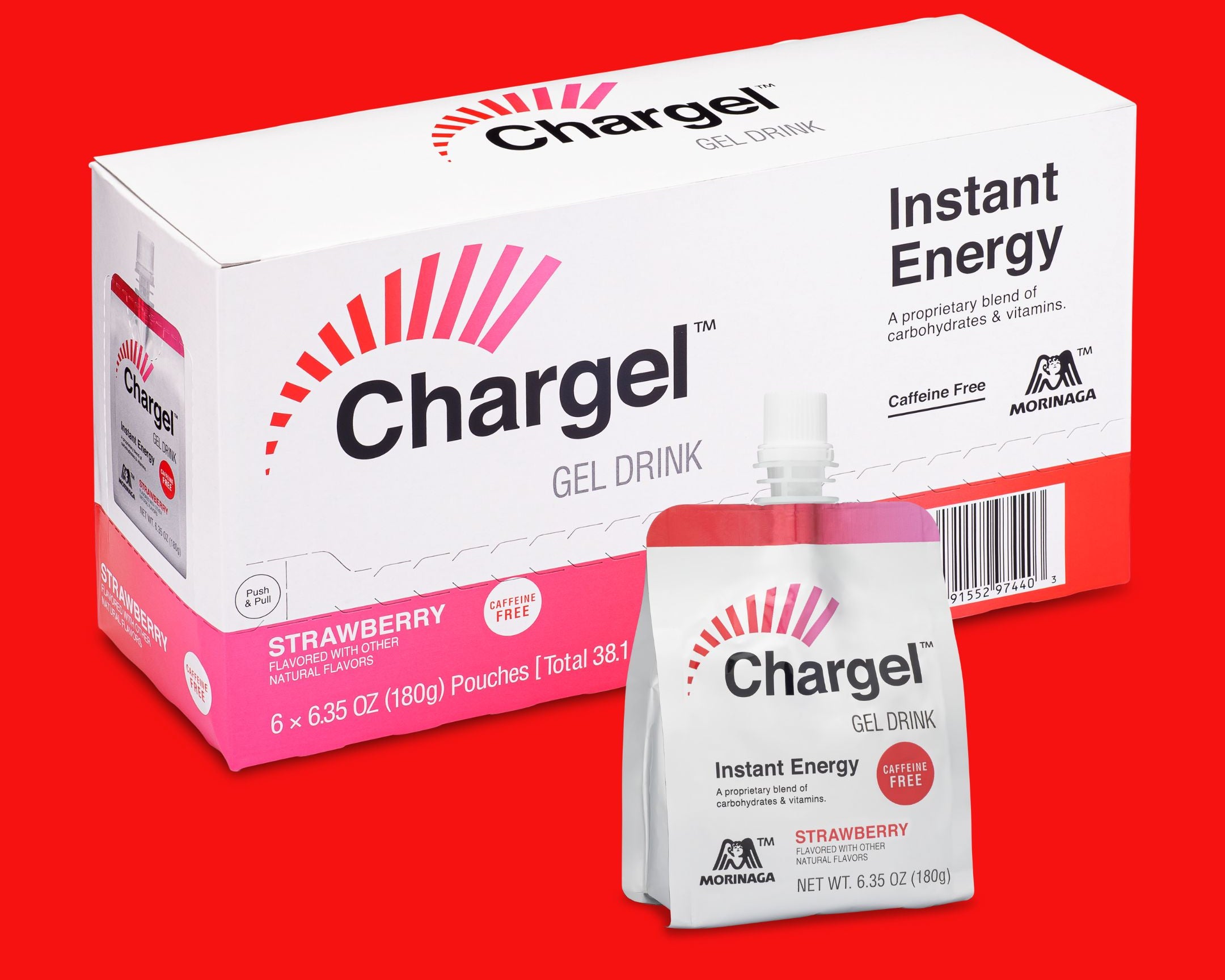
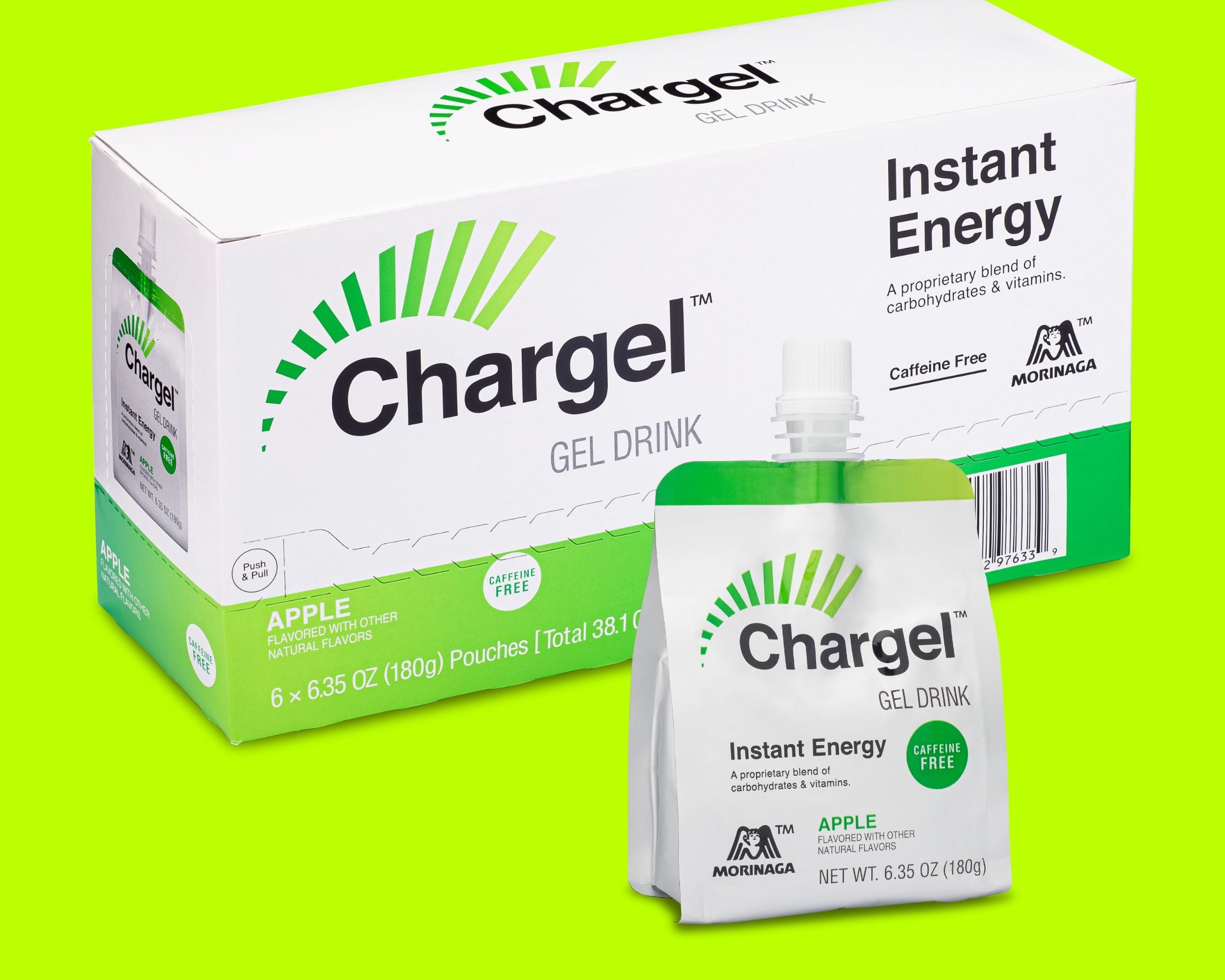
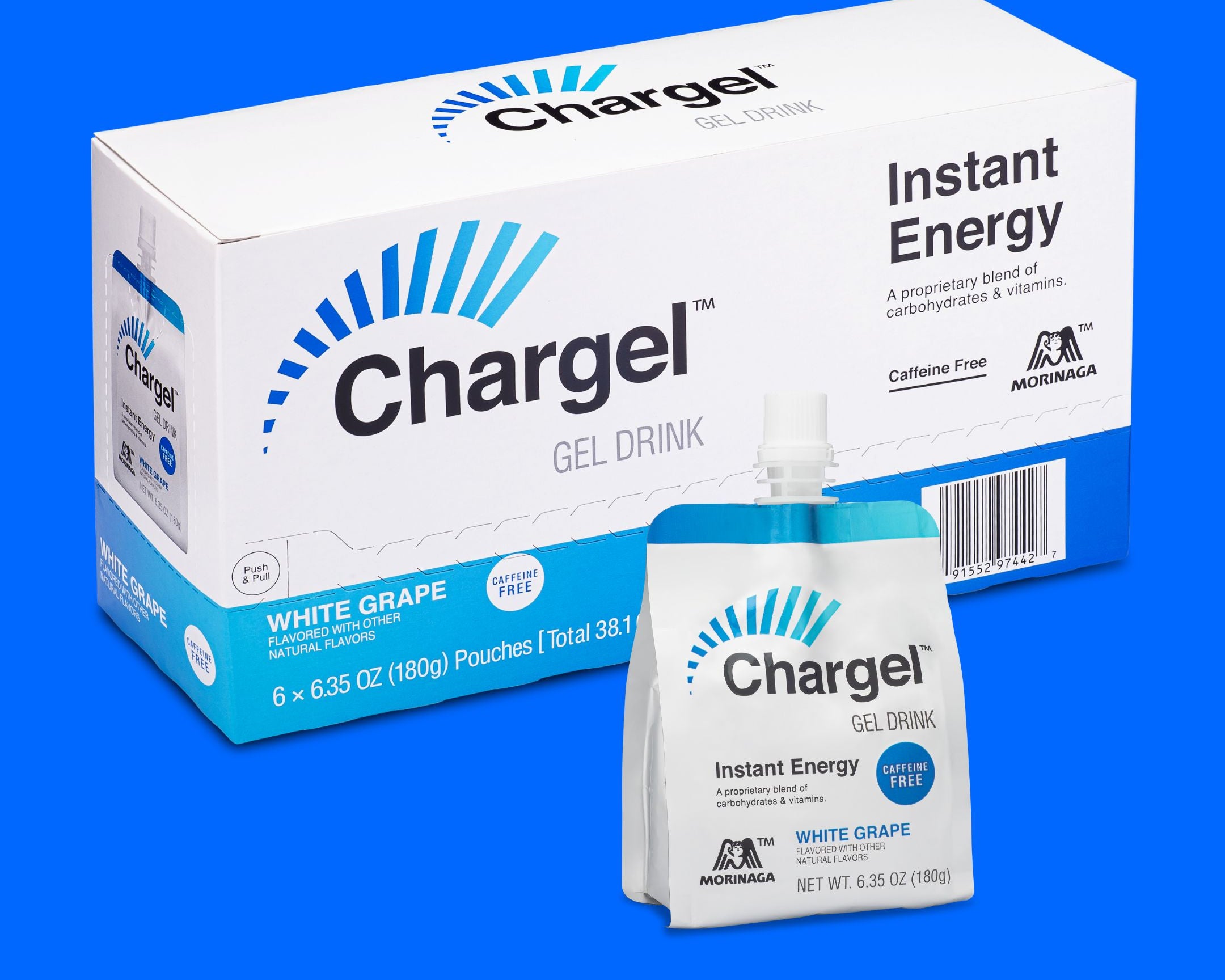
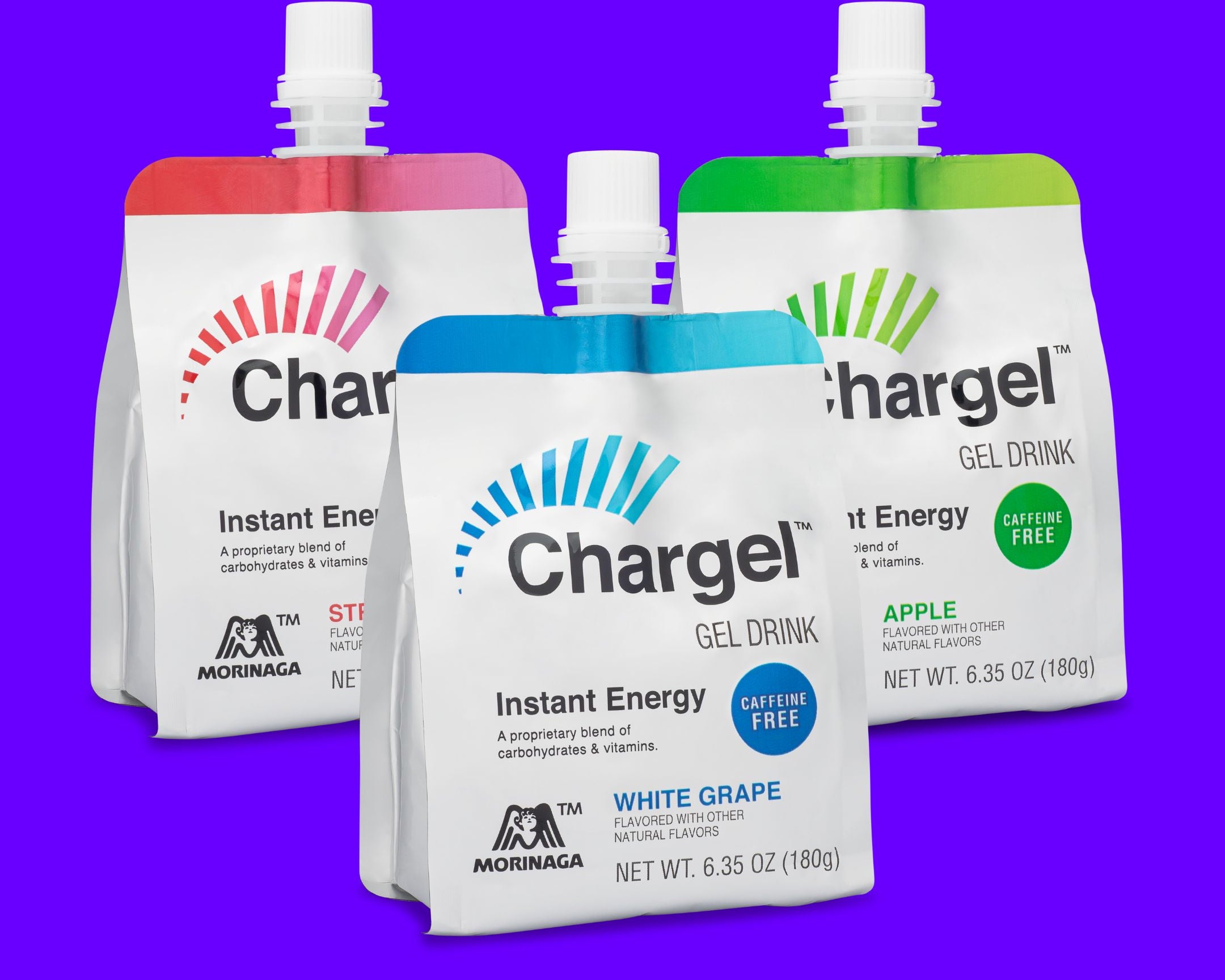
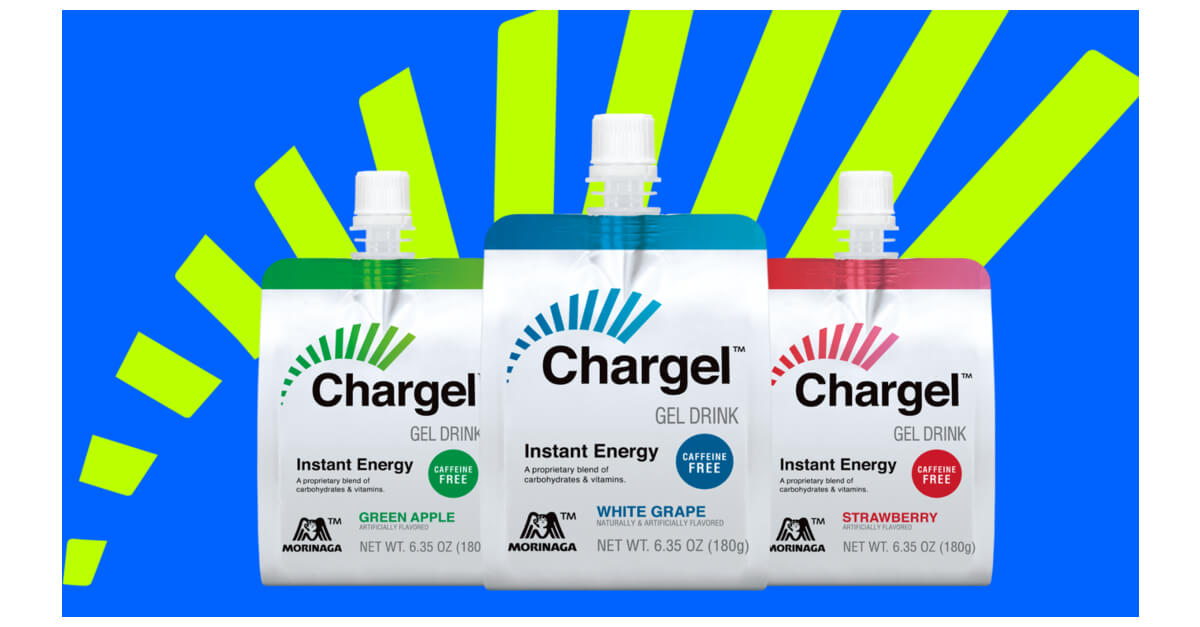




elecroindrive.com
elecroindrive.com
elecroindrive.com
elecroindrive.com
elecroindrive.com
elecroindrive.com
elecroindrive.com
elecroindrive.com
elecroindrive.com
elecroindrive.com
elecroindrive.com
elecroindrive.com
elecroindrive.com
elecroindrive.com
elecroindrive.com
elecroindrive.com
elecroindrive.com
elecroindrive.com
elecroindrive.com
elecroindrive.com
elecroindrive.com
elecroindrive.com
elecroindrive.com
elecroindrive.com
elecroindrive.com
elecroindrive.com
elecroindrive.com
elecroindrive.com
elecroindrive.com
elecroindrive.com
elecroindrive.com
elecroindrive.com
elecroindrive.com
elecroindrive.com
elecroindrive.com
elecroindrive.com
elecroindrive.com
elecroindrive.com
elecroindrive.com
elecroindrive.com
elecroindrive.com
elecroindrive.com
elecroindrive.com
elecroindrive.com
elecroindrive.com
elecroindrive.com
elecroindrive.com
elecroindrive.com
elecroindrive.com
elecroindrive.com
elecroindrive.com
elecroindrive.com
elecroindrive.com
elecroindrive.com
elecroindrive.com
elecroindrive.com
elecroindrive.com
elecroindrive.com
elecroindrive.com
elecroindrive.com
elecroindrive.com
elecroindrive.com
elecroindrive.com
elecroindrive.com
elecroindrive.com
elecroindrive.com
elecroindrive.com
elecroindrive.com
elecroindrive.com
elecroindrive.com
elecroindrive.com
elecroindrive.com
elecroindrive.com
elecroindrive.com
elecroindrive.com
elecroindrive.com
elecroindrive.com
elecroindrive.com
elecroindrive.com
elecroindrive.com
elecroindrive.com
elecroindrive.com
elecroindrive.com
elecroindrive.com
elecroindrive.com
elecroindrive.com
elecroindrive.com
elecroindrive.com
elecroindrive.com
elecroindrive.com
elecroindrive.com
elecroindrive.com
elecroindrive.com
elecroindrive.com
elecroindrive.com
elecroindrive.com
elecroindrive.com
elecroindrive.com
elecroindrive.com
elecroindrive.com
elecroindrive.com
elecroindrive.com
elecroindrive.com
elecroindrive.com
elecroindrive.com
elecroindrive.com
elecroindrive.com
elecroindrive.com
elecroindrive.com
elecroindrive.com
elecroindrive.com
elecroindrive.com
elecroindrive.com
elecroindrive.com
elecroindrive.com
elecroindrive.com
elecroindrive.com
elecroindrive.com
elecroindrive.com
elecroindrive.com
elecroindrive.com
elecroindrive.com
elecroindrive.com
elecroindrive.com
elecroindrive.com
elecroindrive.com
elecroindrive.com
elecroindrive.com
elecroindrive.com
elecroindrive.com
elecroindrive.com
elecroindrive.com
elecroindrive.com
elecroindrive.com
elecroindrive.com
elecroindrive.com
elecroindrive.com
elecroindrive.com
elecroindrive.com
elecroindrive.com
elecroindrive.com
elecroindrive.com
elecroindrive.com
elecroindrive.com
elecroindrive.com
elecroindrive.com
elecroindrive.com
elecroindrive.com
elecroindrive.com
elecroindrive.com
elecroindrive.com
elecroindrive.com
elecroindrive.com
elecroindrive.com
elecroindrive.com
elecroindrive.com
elecroindrive.com
elecroindrive.com
elecroindrive.com
elecroindrive.com
elecroindrive.com
elecroindrive.com
elecroindrive.com
elecroindrive.com
elecroindrive.com
elecroindrive.com
elecroindrive.com
elecroindrive.com
elecroindrive.com
elecroindrive.com
elecroindrive.com
elecroindrive.com
elecroindrive.com
elecroindrive.com
elecroindrive.com
elecroindrive.com
elecroindrive.com
elecroindrive.com
elecroindrive.com
elecroindrive.com
elecroindrive.com
elecroindrive.com
elecroindrive.com
elecroindrive.com
elecroindrive.com
elecroindrive.com
elecroindrive.com
elecroindrive.com
elecroindrive.com
elecroindrive.com
elecroindrive.com
elecroindrive.com
elecroindrive.com
elecroindrive.com
elecroindrive.com
elecroindrive.com
elecroindrive.com
elecroindrive.com
elecroindrive.com
elecroindrive.com